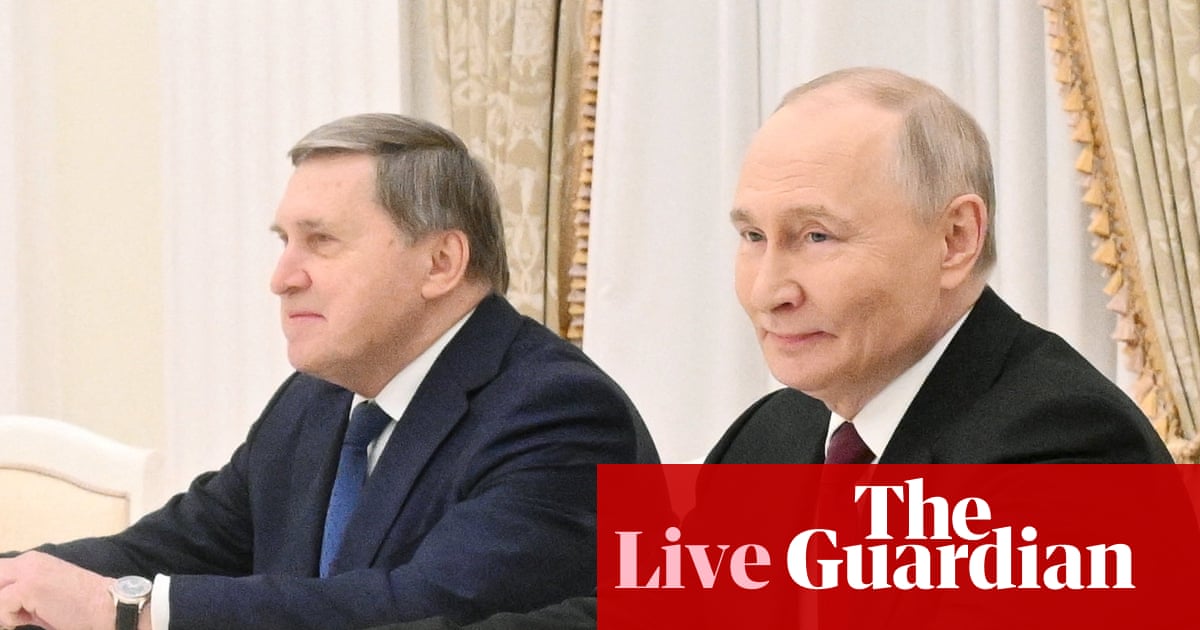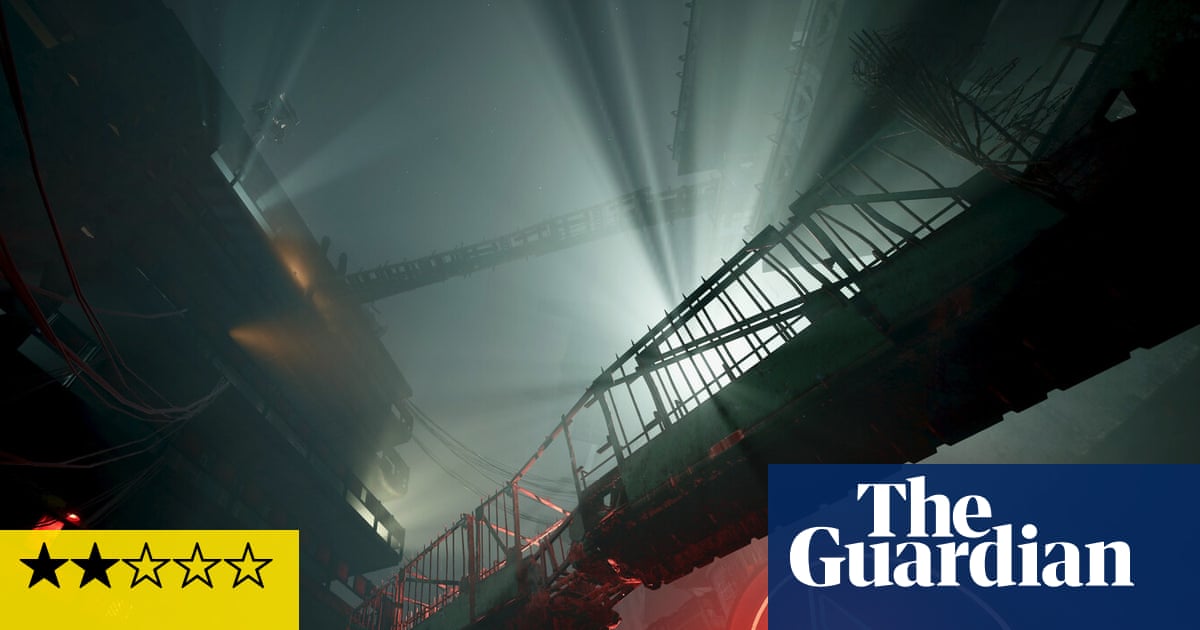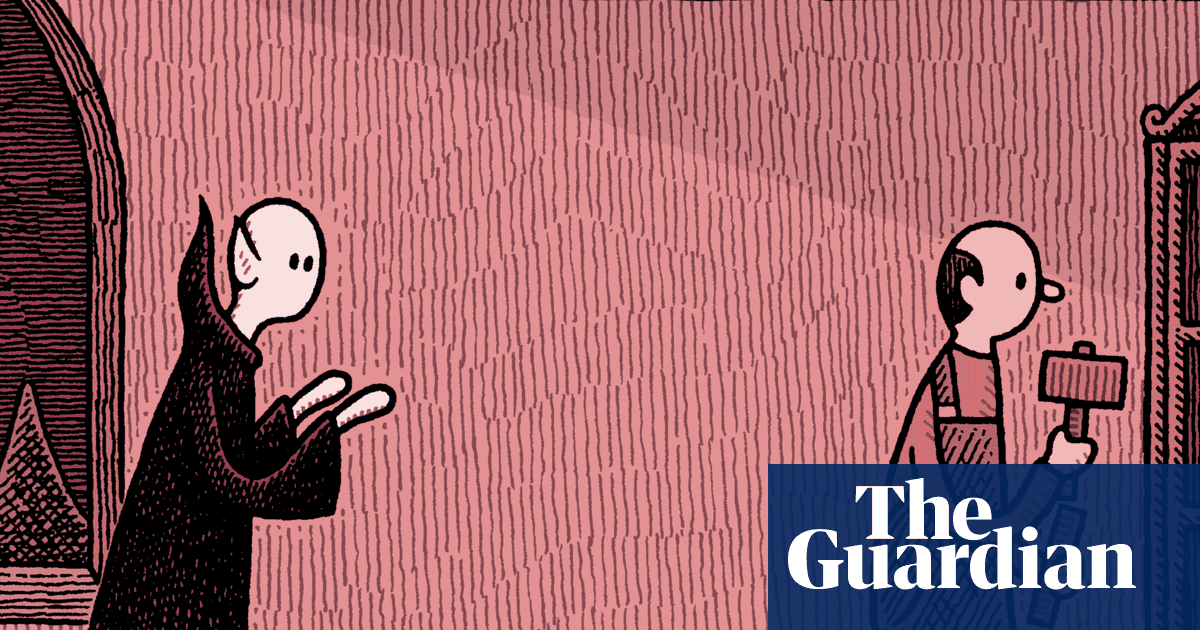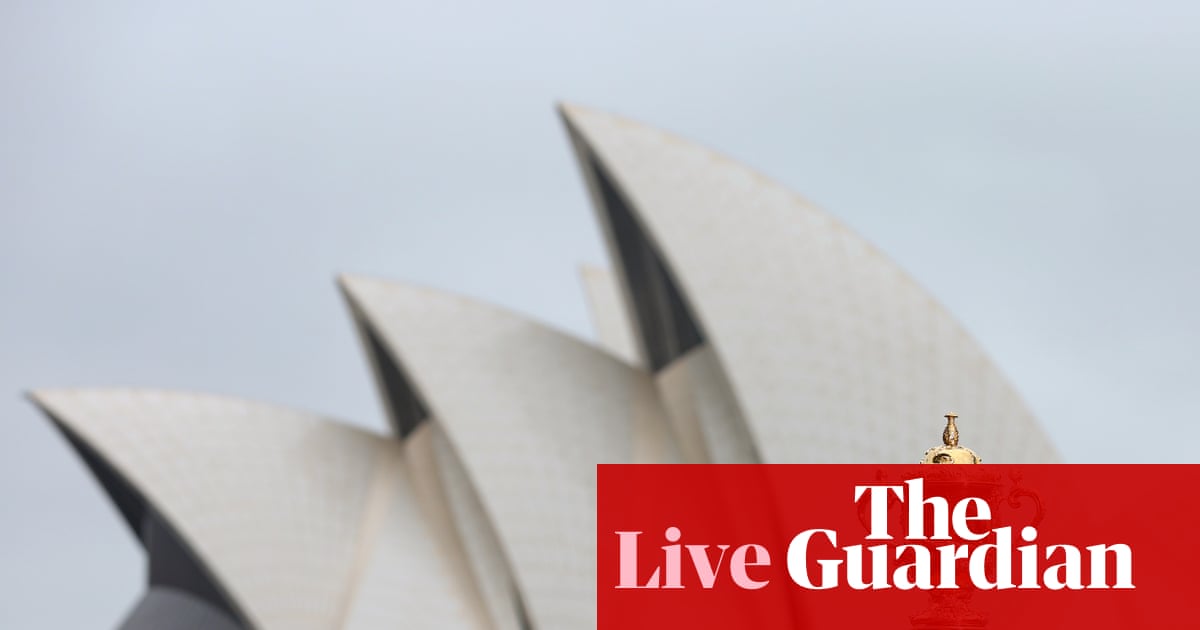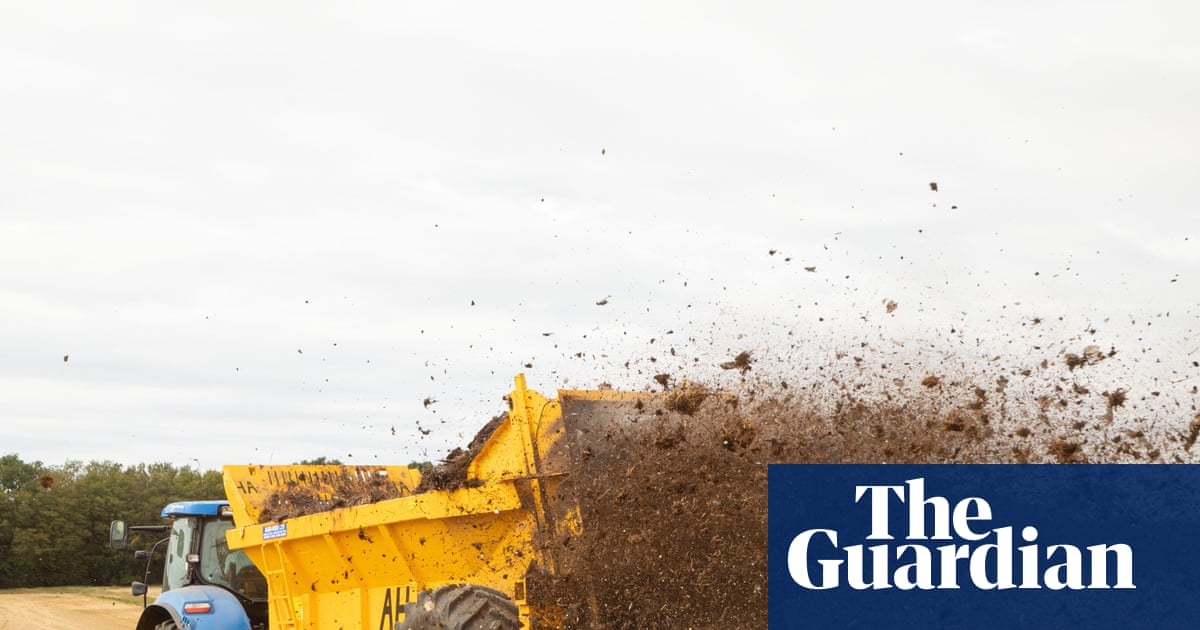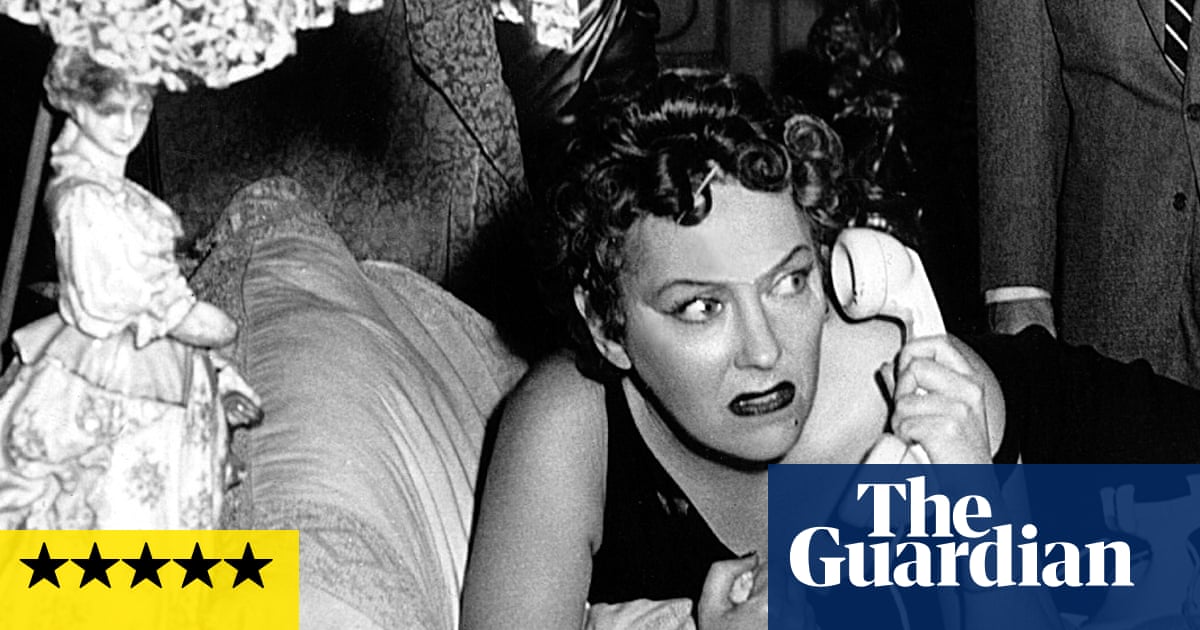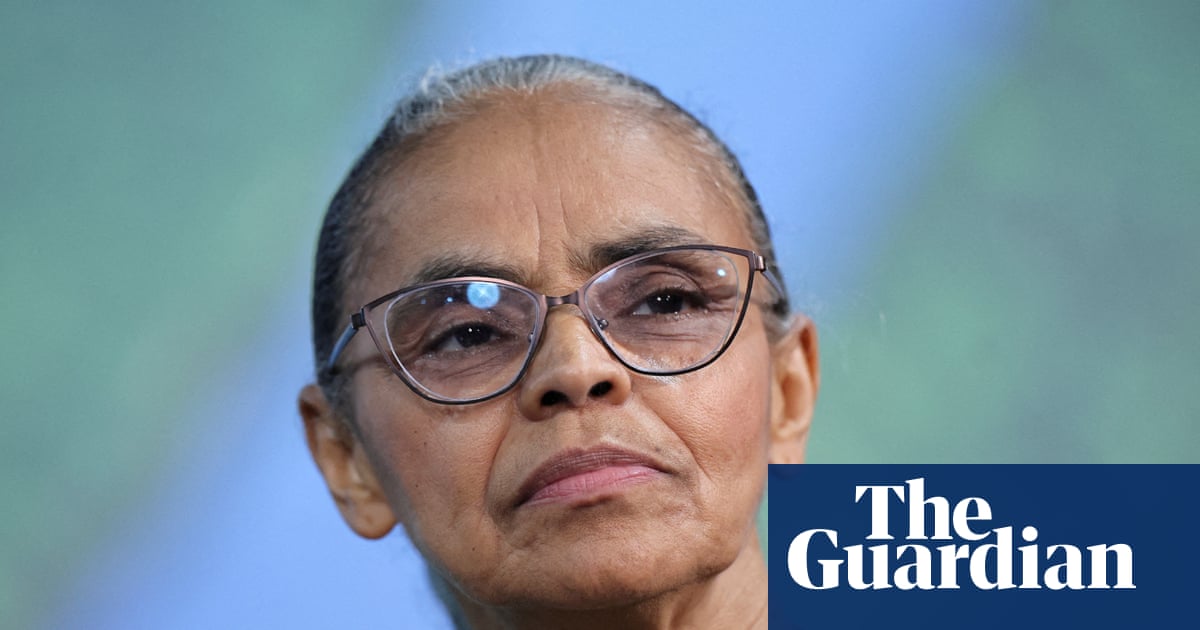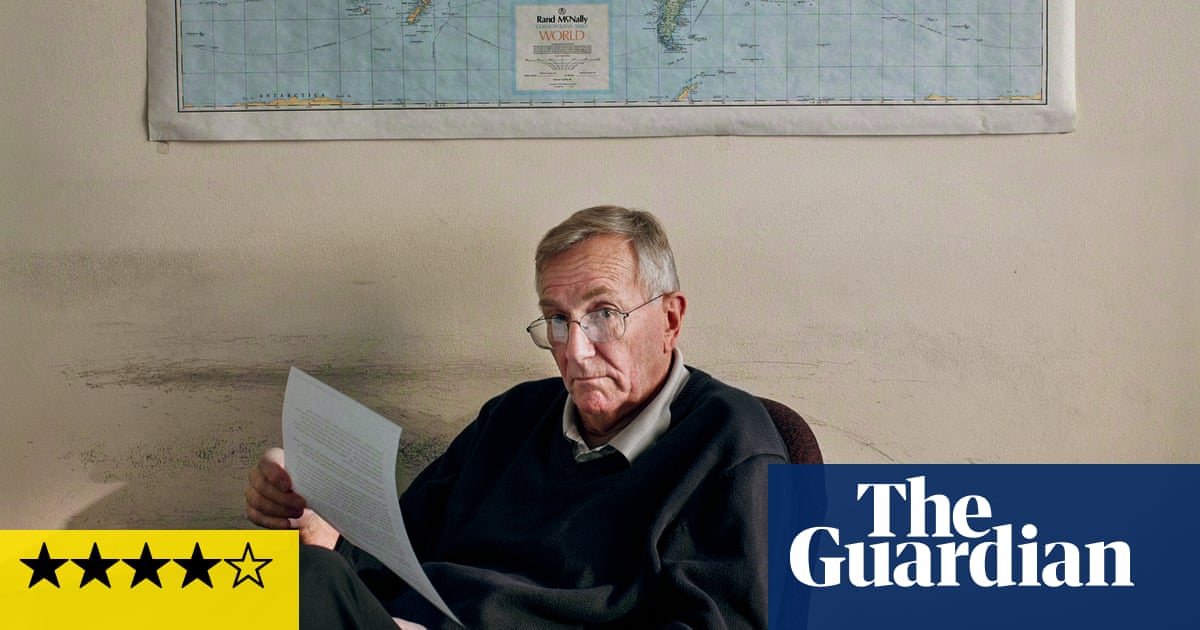A former senior police officer at the centre of the controversy over the surveillance of the campaign to expose the killers of teenager Stephen Lawrence is taking legal action that would prevent him being questioned at a public inquiry.
The officer, who is facing allegations that he called black campaigners “monkeys”, is intending to resist an order by the undercover policing inquiry that would require him to give oral evidence.
The surveillance of the Lawrence family’s campaign for justice by undercover police officers is a pivotal issue at the long-running spycops inquiry.
The officer, who ran a covert Scotland Yard unit, is alleged to have instructed a police spy to gather information that could have been used to discredit the family of the murdered teenager and destroy the campaign to bring his racist killers to justice.
A whistleblower has accused the officer, who is known only by the codename HN86, of being a “thoroughly and overtly racist man”, the inquiry has heard. Peter Francis, a former undercover officer, has testified that HN86 said, when referring to black justice campaigners, “the monkeys were being organised” and we had to stop it “before all the monkeys in London got out of their trees”. HN86 denies the claims.
Doreen Lawrence, Stephen’s mother, has told the inquiry that HN86’s legal action to avoid the “full glare of scrutiny” was shameful and “utterly disgraceful”.
The latest phase of the inquiry, which opened on Monday and is headed by retired judge Sir John Mitting, is examining why undercover officers in the Scotland Yard unit spied on the Lawrences’ campaign in the 1990s.
In 2014, Theresa May, the then home secretary, commissioned the inquiry after revelations by Francis. He disclosed to the Guardian how the special demonstration squad (SDS), of which he was a member, had secretly monitored the Lawrences’ campaign at a time when the family was attempting to compel police to investigate the murder properly.
On Monday, the Metropolitan police apologised to the Lawrence family as the SDS had “unnecessarily and unjustifiably” put them under surveillance. Peter Skelton, the Met’s barrister, said the “wholly indefensible” surveillance reports included personal details about the impending divorce of Stephen’s parents, who was associating with them and their attitudes to political groups.
HN86, who headed the SDS for three years as a detective chief inspector, has made a written statement that has yet to be published.
HN86’s lawyers have told the inquiry that he does not intend to give any oral evidence. They have initiated the legal challenge as they argue that the inquiry has no power to force witnesses who – as HN86 does – live abroad to give oral evidence.
Mitting said he may have to publish HN86’s real name if he “cannot be persuaded by any means to provide oral evidence to the inquiry”.
HN86’s lawyers dismiss Francis’s testimony as “a complicated and exaggerated mixture of fact, fiction and fantasy”.
Francis is due to be questioned over four days in December in open sessions as he has not applied for any kind of anonymity. He has said: ”Only when you come into the cold light of day, unmasked, can you be truly accountable.”
Another key witness, David Hagan, an undercover officer who spied on the Lawrences and their supporters, will also not be questioned in an open hearing. Mitting has ruled that Hagan is too ill to be questioned by barristers as he suffers from complex post-traumatic stress disorder.
Those who were spied on have persistently criticised Mitting for allowing too much secrecy to envelop the public inquiry by, for example, giving anonymity to police officers or holding sessions behind closed doors.
Stephen’s father, Neville, has told the inquiry that the Met “chose to devote several years to spying on a grieving family, yet failed to do what was required to bring the killers to justice. This is an inexplicable misuse of police powers.”

.png) 1 month ago
60
1 month ago
60
